A homily for the Fifth Sunday of Lent, March 29, 2020
Ezekiel 37:12-14, Romans 8:8-11, John 11:1-45
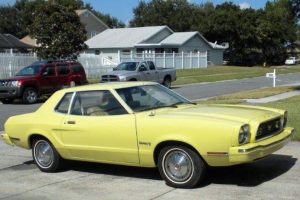 The story is so familiar that “Lazarus” is not only a name, it’s a descriptive term.
The story is so familiar that “Lazarus” is not only a name, it’s a descriptive term.
Any sort of resurrection through outside forces is called a Lazarus. Restore a Mustang II? You’ve done a Lazarus, and you probably call the car Lazarus from then on.
The 2015 sci-fi/horror flick “The Lazarus Effect” (which critics and audiences panned) was a Frankenstein-style resurrection story. And in semiconductors (computer chips), there’s a deeply scientific-y physics-y Lazarus effect that involves electrons.
Lazarus is a term. Lazarus is a name.
So, yes, the story of Lazarus of Bethany is widely known and still resonates. We all know the plot and the denouement. We all know the details. We all can recite them, and thank God for that.
In these days of extreme social distancing, when wakes and funerals are off-limits, when spending time with loved ones in their last moments is verboten, we all can identify with the most powerful two words in the New Testament, the dun-dun-dunnn moment in the Lazarus story:
Jesus wept.
Jesus felt such deep emotion that he was compelled to act, begging The Father to restore human life to his friend, and thereby restore hope and happiness to his other friends.
By his example, Jesus reminds us all that proper emotions that prompt us to act will, in most cases, prompt us to act in a proper way.
And the Gospels and the prophets map that way of action for us.
Lazarus, a friend but most importantly a disciple, also knew the way, for he had learned it directly from the Christ.
But then — tire screech sound — the story stops. Lazarus lives a bit longer, we assume, and goes about his daily affairs as before, we assume. Or does he?
The Gospels are silent. We got nuthin’. Lazarus on The Day After is a cipher.
So let’s take a leap of faith (see how I worked that in?) and say that Lazarus did not go back to his day job, that he became the walking was-dead example of Christ’s infinite love and power, and evangelized with the best of them. That when his time came again, for real, he died with a Heaven-worthy résumé and gave us a saintly example to follow.
Except, of course, there’s no chronicling of that example.
Sigh.
Yes, we all can recite the details, the who, what, when, where, how, and even a bit of the why of the Lazarus story right up through the untying of the burial wrappings and his nosh, but what about the What Next? What about the What Does It Mean for My Life?
In grand terms, our faith tells us this is a story about our shared salvation through the death and resurrection of Jesus Christ, foreshadowed by the original, biblical Lazarus event.
Deeply and profoundly true.
 But closer to home, in more of a kitchen-table theology understanding, this is a story within the story, a fill-in-the-blanks story about second chances, and what we do with them.
But closer to home, in more of a kitchen-table theology understanding, this is a story within the story, a fill-in-the-blanks story about second chances, and what we do with them.
Literature, movies and TV, even comic strips are awash in scenes where somebody is in absolutely dire straits, prays for help and bargains with God: “Get me out of this and I’ll never/always do/avoid that good thing/bad thing again.”
And, of course, the odds are better than 50-50 that if the person gets out of the jam, the promise to straighten up and fly right is the only thing that flies away.
With no Laz on the Day After details, we have to use that promise-breaker from pop culture as our example. S/he got a second chance and likely squandered it. Then, s/he probably got a second second chance, and a third second chance, and on and on.
Have we squandered any second chances? It is easy to do; too easy, frankly.
Most of the time, our second chances have nothing to do with dangling 1,000 feet above a canyon and everything to do with being forgiven by someone we’ve wronged. The perils we put ourselves into usually involve someone else, and often someone close to us personally or professionally.
It may be a misstep or faux pas, or it may be a major transgression.
We seek forgiveness and we get it. We get the precious second chance.
We must use it wisely.
We need to learn from our mistakes, undo the damage if we can, get back on the right path and strengthen ourselves through grace to follow the star.
The perils we put ourselves into usually involve someone else, and is there anyone closer to us personally than our Creator?
We stray from God’s ways, and then we seek forgiveness and get it. We get the precious second chance. Over and over, thank God.
God is the only person who promised us unlimited forgiveness. But God really prefers it if we don’t repeat our mistakes, our missteps, our misdeeds. God will give us a 45th second chance. We shouldn’t have to ask for it.
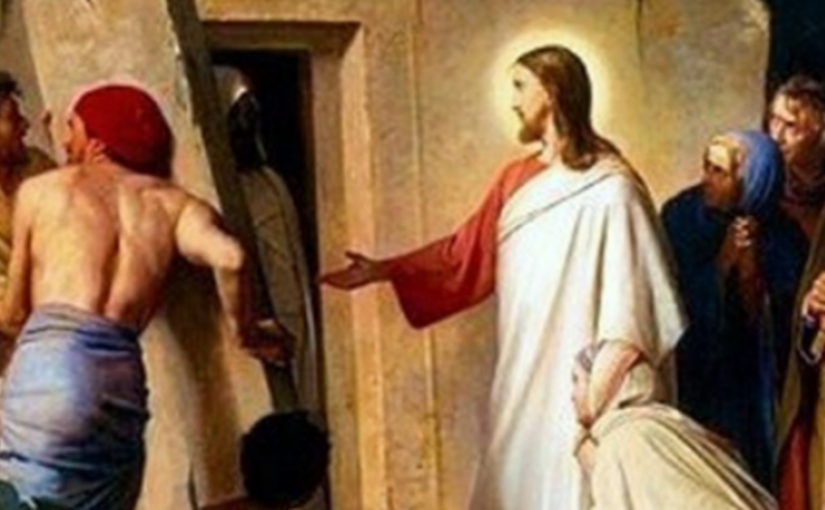

 And once their eyes are opened, cats famously can see in near-total darkness, which makes them superb nocturnal prowlers, as anyone who’s ever heard a tchotchke go flying off a dresser at 3 a.m. can attest.
And once their eyes are opened, cats famously can see in near-total darkness, which makes them superb nocturnal prowlers, as anyone who’s ever heard a tchotchke go flying off a dresser at 3 a.m. can attest.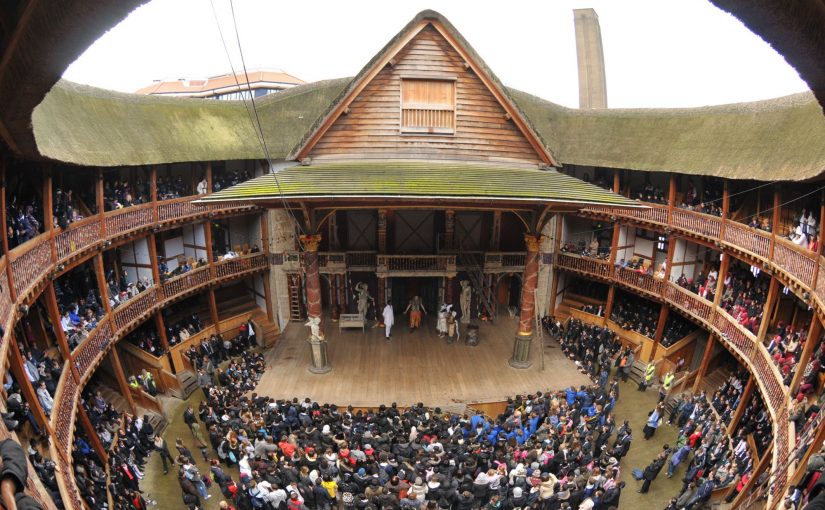
 And, finally, Will, you forgot the most important person in a play: the director.
And, finally, Will, you forgot the most important person in a play: the director.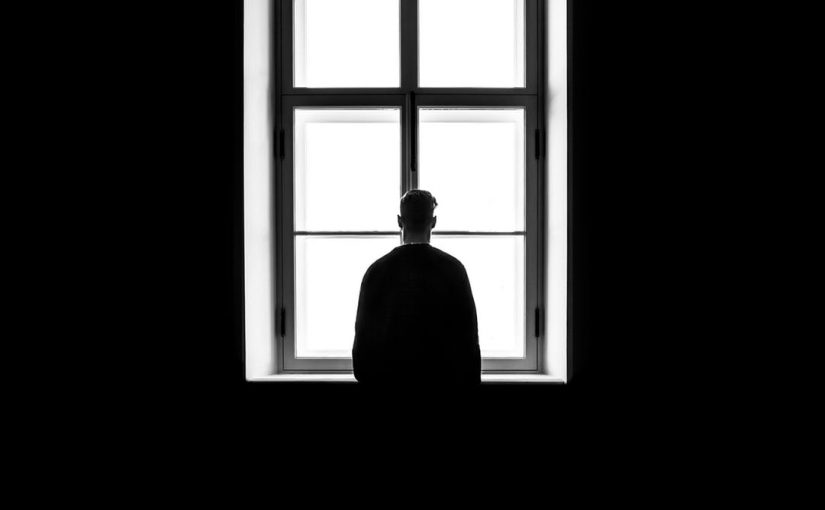
 “Hagar the Horrible,” the comic strip by Dik and Chris Browne in which the eponymous character’s job is pillaging and stealing, takes a backhanded swipe at this notion. Hagar’s motto?
“Hagar the Horrible,” the comic strip by Dik and Chris Browne in which the eponymous character’s job is pillaging and stealing, takes a backhanded swipe at this notion. Hagar’s motto?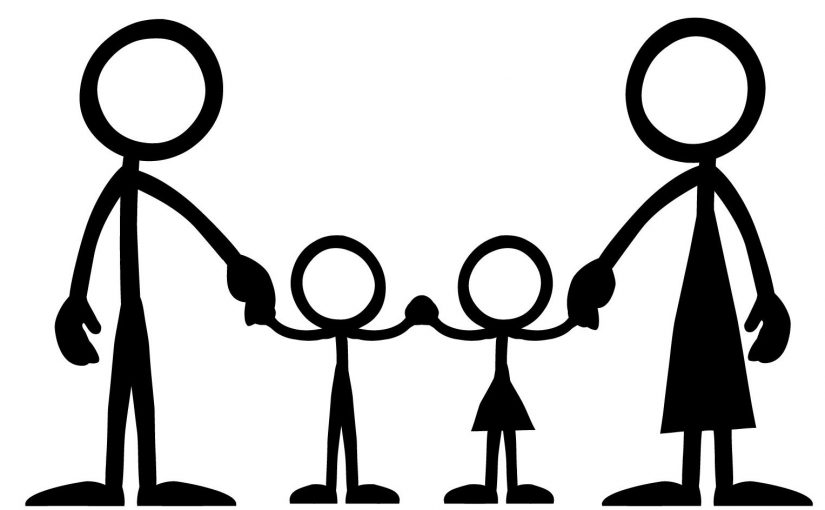
 In Jesus’s time, the notion that “it takes a village to raise a child” was a literal statement of life. Villages in ancient Palestine often were the home to only one or two families, so child-rearing was a communal effort. The strict notion of brother or sister blurred when dozens of cousins were in the mix. In fact, people continue to ponder whether Jesus had biological brothers and sisters because the ancient Greek of the Scriptures used a word that means siblings and cousins or same-age relatives.
In Jesus’s time, the notion that “it takes a village to raise a child” was a literal statement of life. Villages in ancient Palestine often were the home to only one or two families, so child-rearing was a communal effort. The strict notion of brother or sister blurred when dozens of cousins were in the mix. In fact, people continue to ponder whether Jesus had biological brothers and sisters because the ancient Greek of the Scriptures used a word that means siblings and cousins or same-age relatives.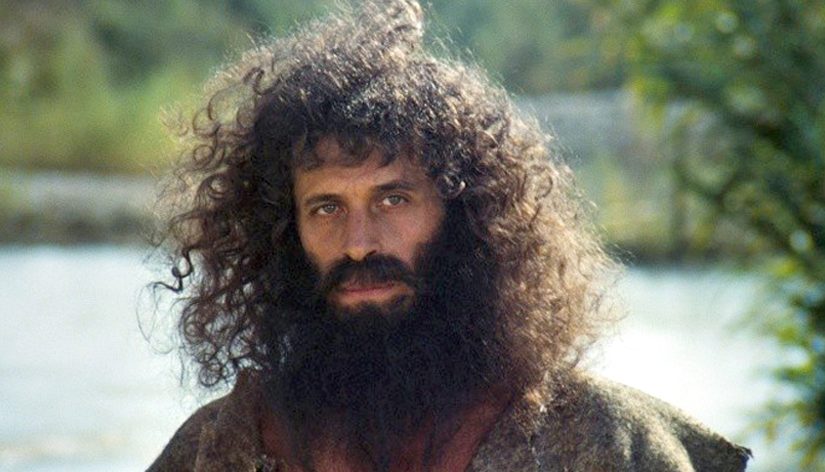
 Rimshot, please.
Rimshot, please.
 Well, maybe “community” is stretching it. At 2 a.m., the Pathmark had an assortment of fellow travelers who only slightly acknowledged each other’s presence as they scooped up everything from the cliché bread and milk to a full week’s — or full fortnight’s — load of groceries.
Well, maybe “community” is stretching it. At 2 a.m., the Pathmark had an assortment of fellow travelers who only slightly acknowledged each other’s presence as they scooped up everything from the cliché bread and milk to a full week’s — or full fortnight’s — load of groceries. I think again of the night crew at the late, lamented Pathmark.
I think again of the night crew at the late, lamented Pathmark.

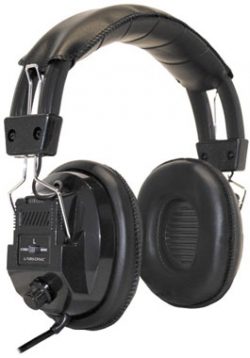
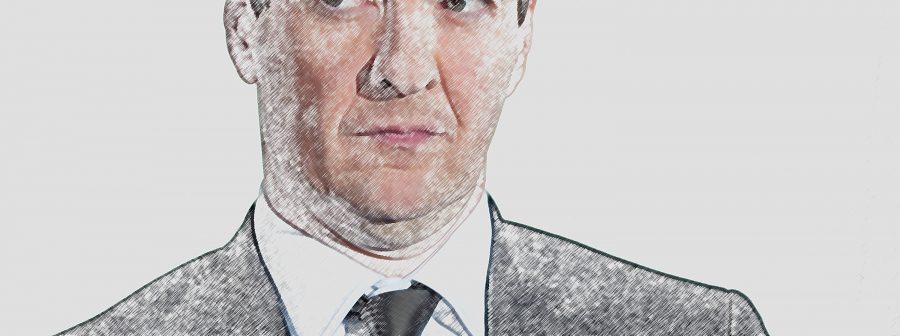

 Let’s start with the commercial for Jardiance that features a band director just a little too into marching onto the field with her high schoolers. Hips sway, arms swing, she’s totally in control. We’re to believe her Type 2 diabetes is under control as well.
Let’s start with the commercial for Jardiance that features a band director just a little too into marching onto the field with her high schoolers. Hips sway, arms swing, she’s totally in control. We’re to believe her Type 2 diabetes is under control as well.  Next is the “aww-ahh-ee-ahh” band for Humira, whose singer battles a serious intestinal disorder. It seems an odd career choice for someone whose condition is not yet being treated.
Next is the “aww-ahh-ee-ahh” band for Humira, whose singer battles a serious intestinal disorder. It seems an odd career choice for someone whose condition is not yet being treated. 